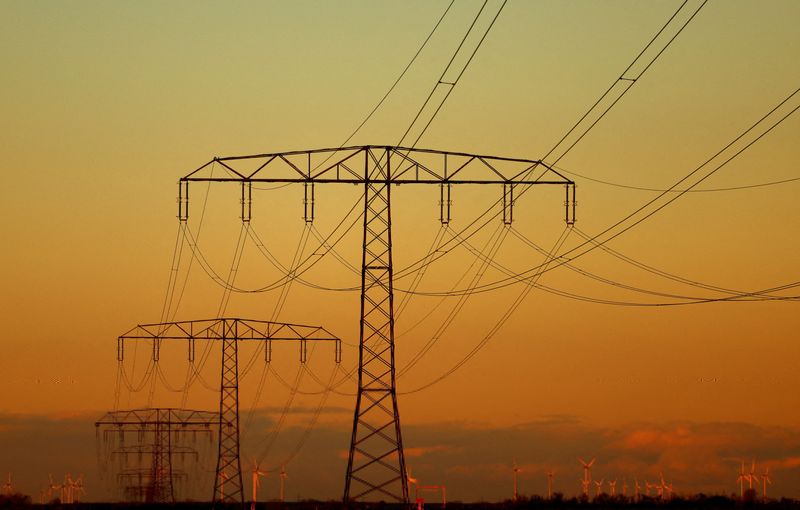BERLIN (Reuters) - Germany's ruling coalition plans to require the private and public sectors to cut energy consumption by 26.5% by 2030 compared to 2008, a draft law seen by Reuters showed on Monday.
Pushed by fears that persistently low Russian gas supplies could lead to shortages, the German government introduced energy-saving measures last year such as banning heating for private swimming pools and encouraging people to work from home.
Germans managed to save energy last winter amid fears of blackouts and a government campaign to push citizens and industry to cut energy use by 20%.
Before the crisis, between 2008 and 2020, the country's energy savings stood at less than 6%.
This month, the German cabinet is due to pass a new law making even greater savings obligatory for the public and private sectors, according to the draft law.
Companies that use a certain amount of energy will be required to use so-called "energy management systems" in order to plan consumption over the longer term.

Germany's government must make savings of some 45 terawatt hours (TWh) per year while federal states must collectively cut 5 TWh annually for Europe's biggest economy to reach its target of becoming climate neutral by 2045.
The draft law also sets unbinding reduction targets of 39% by 2040 and 45% by 2045.